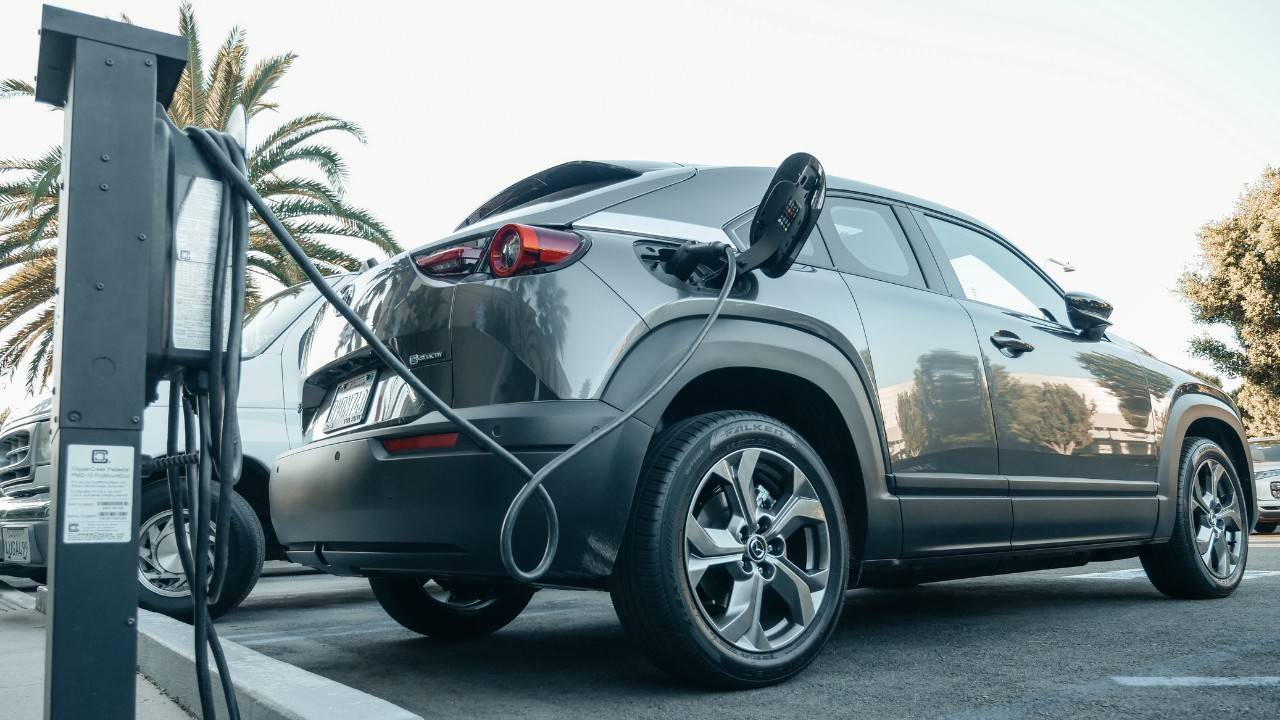The province of Ottawa, Canada, is set to introduce significant automobile regulations this week, named the Electric Vehicle Availability Standard. Simultaneously, the Canadian government plans to mandate all new cars to be zero emissions by 2035, a senior government source disclosed to Reuters.
This new standard aims to reduce electric vehicle (EV) wait times and ensure adequate supply in the Canadian market.
Québec and British Columbia have already adopted similar measures. These regions are paving the way for the nationwide initiative.
The regulations will progressively increase the share of zero-emission vehicles. By 2026, 20 percent of all new vehicle sales must be zero-emission, 60 percent by 2030, and reaching 100 percent by 2035, the source informed.
The source, speaking to the Toronto Star, stated, “This is helping to solve one of the greatest barriers to EVs uptake: that wait times are too long. We are making sure that supply is going toward Canadian markets, because one of the issues with EVs is that we’re competing against other markets where the actual EVs are being shipped to.”
Globally, EV sales currently constitute about 13 percent of all vehicle sales, according to Reuters. The International Energy Agency projects this figure could reach 40 to 45 percent by 2030.
In contrast, the U.S. House of Representatives recently voted against implementing vehicle emissions standards proposed by the Biden administration. These standards aimed for 67 percent of all new U.S. vehicles to be EVs by 2032.
Under Canada’s new rules, automakers (but not dealerships) will receive credits based on their EV sales. These credits will vary depending on the vehicles’ proximity to zero emissions.
Additionally, credits will be available to automakers that contribute to EV charging infrastructure. Early credits will be awarded for manufacturing EVs before the regulations start in 2026. Automakers can buy or sell credits to meet or capitalize on their targets.
Statistics Canada’s data shows that one in eight new vehicles sold in Canada is an EV or plug-in hybrid. This figure is higher in provinces with established EV sales regulations. In Québec, 20 percent of new cars are electric. In British Columbia, nearly a quarter of new car sales are EVs.
The official said to the Toronto Star, “By doing this nationally, we will make sure supply is available and that consumers in all provinces are going to get quicker access to the vehicles.” This national strategy marks a significant step towards Canada’s environmentally sustainable future.
More inspiring green news similar to this:

